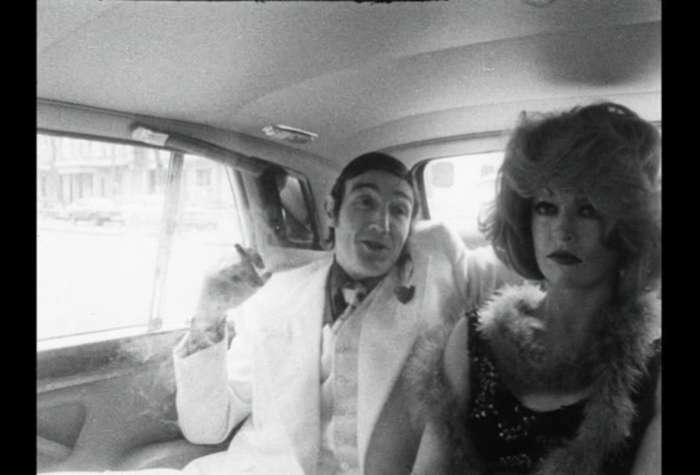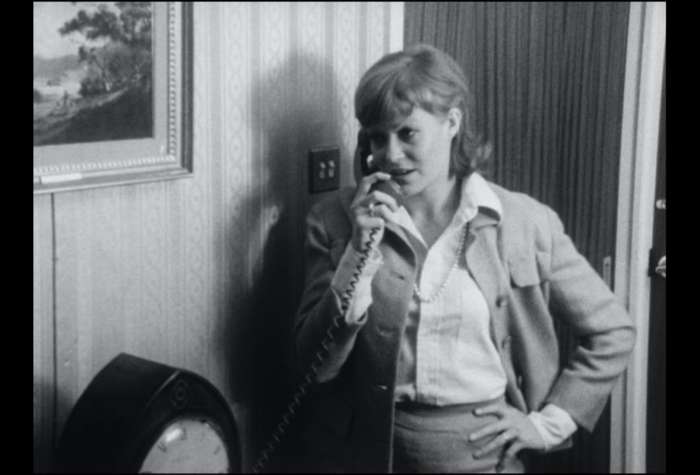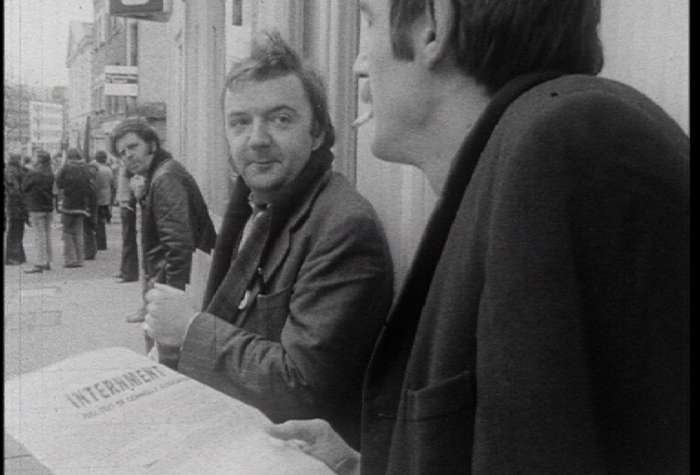Thaddeus O'Sullivan
Artist Biography
The trajectory of Thaddeus O'Sullivan's career mirrors that of film production in Ireland more generally - from experimental and avant-garde beginnings in the 1970s to more mainstream commercial cinema and television from the 1990s onwards. O'Sullivan played a key role in the early development of Irish cinema and, with fellow independent film-makers Bob Quinn, Pat Murphy, Joe Comerford and Cathal Black, was an early lobbyist on behalf of an indigenous Irish cinema.
O'Sullivan was born in Dublin on 2 May 1947 but moved to London in 1966, where he received his early film training at the Ealing School of Art and the Royal College of Art. As with some of his Irish contemporaries, his earlier films were influenced by avant-garde theories and experimental film-making (especially those of Stephen Dwoskin, a tutor at the RCA). In the late 1970s he made two influential experimental films about the life of the Irish immigrant in London: the short film A Pint of Plain and the feature-length On a Paving Stone Mounted. Using a combination of documentary footage and fictional recreation, both films explore the place of the exile in culture - never really belonging in the adopted country and yet drifting further from the home left behind. These films encapsulate O'Sullivan's own position as a film-maker caught between the two cultures of Britain and Ireland, and his best work has explored personal identities caught in complex cultural interplay.
During the 1980s, O'Sullivan developed into a highly-regarded lighting cameraman, working on important Irish independent films, including Comerford's Traveller (1981), Black's Pigs (1984), and Murphy's Anne Devlin (1984), for which he provided the atmospheric and highly effective long takes and tableau shots that characterise the film. His international breakthrough came as cinematographer on Andrew Grieve's On the Black Hill (1987), which was critically acclaimed for its beautiful and evocative landscapes.
He continued to direct his own films during this period - a documentary on the painter Jack B Yeats in 1981 and a critically-acclaimed short fiction film, The Woman Who Married Clark Gable, which received a BAFTA nomination and presaged his move into more conventional narrative cinema. His first fiction feature as director was December Bride (Ireland, 1990), an adaptation of Sam Hanna Bell's Northern Irish novel about a scandalous ménage-à-trois set in a rural Presbyterian community in Ulster. It was an important film in the development of contemporary Irish cinema, notable for its exploration of an aspect of Irish rural life far removed from the romantic whimsy of Hollywood.
O'Sullivan subsequently tackled contemporary urban Ireland in two contrasting films. He became the first director to explore Loyalist paramilitaries in Northern Ireland in his stylish but sombre political thriller Nothing Personal (UK / Ireland, 1995), and he revisited the Dublin gangster world of John Boorman's The General (Ireland / UK, 1998) in his own more light-hearted version of the Michael Cahill story, Ordinary Decent Criminal (Ireland / Germany / US / UK, 2000). The Heart of Me(UK / France, 2002) marked a break: a costume film set in the 1930s about an upper-middle-class English love triangle (based on Rosamund Lehmann's novel The Echoing Grove). A slight, sad story and a dearth of exotic locations gave the film little chance of repeating the box-office success of James Ivory's more weighty Howard's End (Japan / UK, 1992) or Iain Softley's flamboyant The Wings of a Dove (US / UK, 1997); but O'Sullivan's patient, low-key exploration of sibling rivalry and doomed love gives The Heart of Me a genuine poignancy. Directing the opening episodes of Granada's Island at War (2004) was a more routine period assignment; though dealing with a plethora of stories and characters no doubt proved useful in extending his range.
Sourced from http://www.screenonline.org.uk/people/id/573716/ on August 5th 2016






